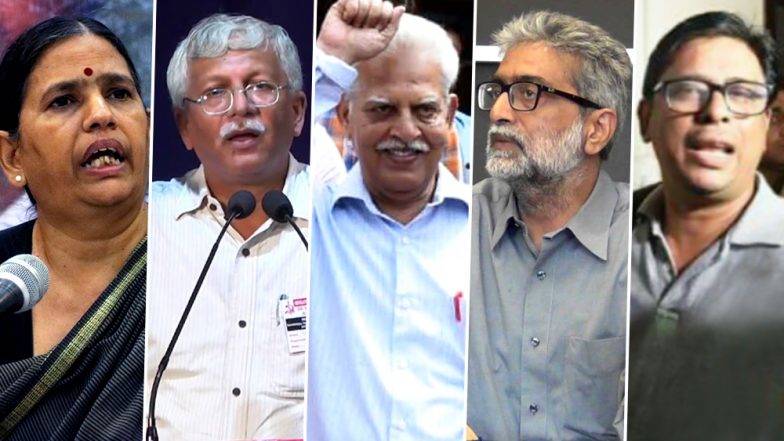In a huge jolt for the urban naxals and their sympathisers, the Supreme Court has agreed to consider the material and evidence collected against those arrested in connection with the Bhima Koregaon violence. The court had recently ordered that these persons be placed under house arrest. The centre has been firm in its commitment to bring the urban naxals to justice and not letting them get away lightly with this even though the leftist liberal cabal has been trying hard to push for the release of the urban naxals. Additional solicitor general Maninder Singh representing the government argued strongly against the plea made in favour of the arrested urban naxals in the Supreme Court.
Singh stated that the problem of naxalism has spread throughout the country and that is why he decided to intervene. Singh also questioned the decision of the so called activists to approach the apex court directly. He wondered why the inferior courts, competent to hear the matter, were not approached. Therefore, Singh has raised a question on the locus standii of the activists. It is, in fact, a cardinal principle that a matter must be instituted in a court of the lowest grade competent to hear it.
Senior advocate Tushar Mehta appearing for the Maharashtra government also opposed the petition vociferously and argued that those who had filed this plea before the apex court were neither related to the case nor had any idea about it. Therefore, he has also clearly questioned the right of the so called activists to appear before the court and argue in favour of the urban naxals. He added that several incriminating documents have been recovered from the accused. Mehta also said that the accused in this case have not been arrested only because their role in the Bhima Koregaon violence, but they were also planning on disrupting peace in the country.
Finally, Mehta made it clear that this case was not about dissent thereby rejecting the claims of the leftist liberal cabal which has been claiming that the accused have been arrested only because they spoke against the government. Mehta stated that the case at hand involves serious offences. He also made it clear that the evidence from laptops, computers and hard disks will show the gravity of the case.
Chief Justice of India Dipak Misra stated that the Supreme Court had entertained the plea in question on the foundations of liberty and that issues like an independent inquiry would come later. He also stated that the court will have to look into whether the issue concerned CrPC or Article 32 of the Constitution. This makes it clear that the court is still to decide whether this matter is amenable under Article 32 (for violation of any fundamental rights) or simply a criminal matter falling within the purview of Cr.P.C. Thus, the court has still not accepted the proposition that there was violation of the liberty of the accused. The matter is next posted for hearing on September 19 to decide whether the accused will be sent to judicial custody as demanded by the Maharashtra police. The court can also be expected to go into the question of whether the present matter is a question of fundamental rights or simply a criminal matter.
The government and the advocates representing it have done well to present a lucid and correct picture of the matter before the Supreme Court. It seems that the government is giving no breathing space to the urban naxals at any platform and is going to take this to a conclusive end.
